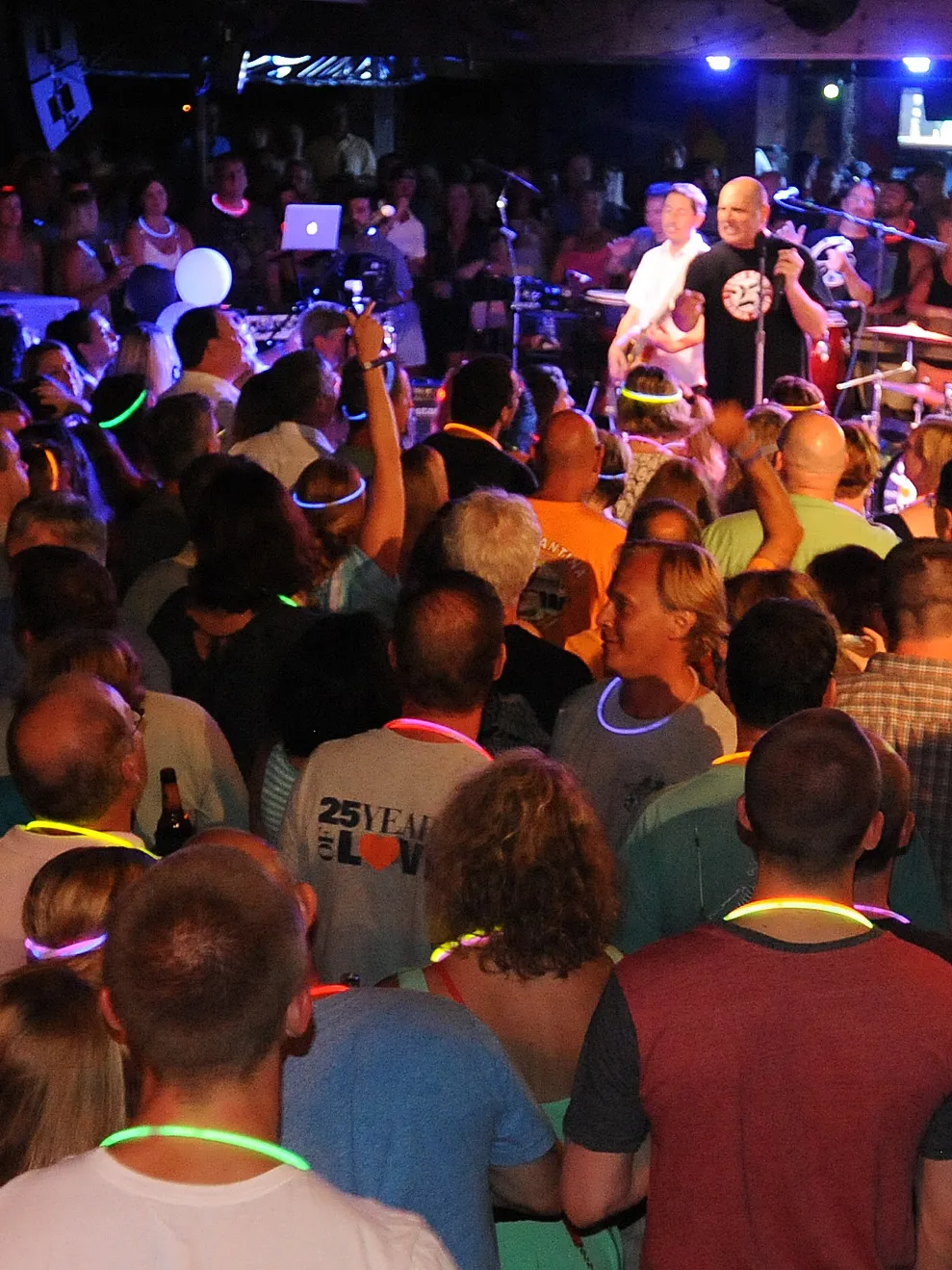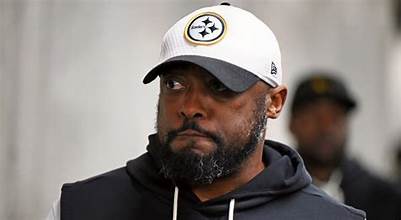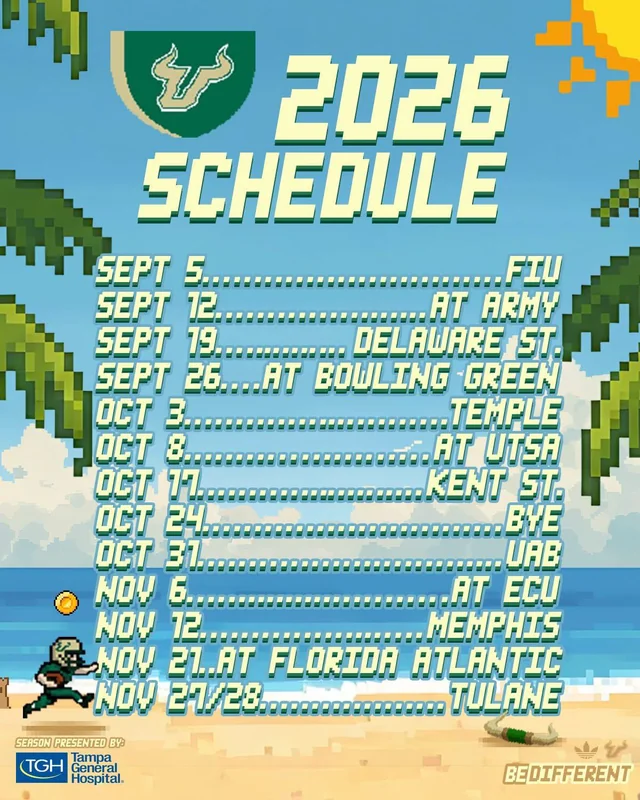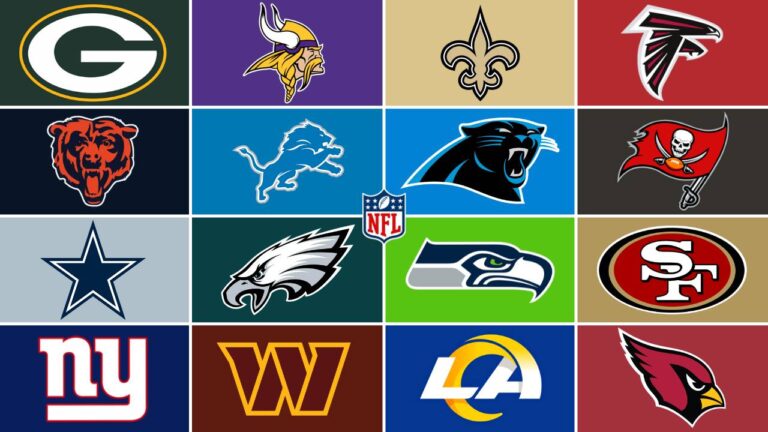
Here I am.
You know where.
My happy place – Starbucks at the beach. Dodging the crowds. Hiding at a table. Sipping a Caramel Macchiato, which I never thought I would proclaim, as I am now, tastes more saliva-rising than Fanta Grape Soda, Hires Root Beer, and a Virgin Pina Colada. We learn and change our opinions as we experience more, as our lives become more rich in meaning.
Speaking of living meaningfully, yesterday I played pickleball for the first time in a few years. The balls are kind of like the color of a pickle but more yellow, really more the color of a banana, not really any shade of green at all if we’re being totally honest.
So why do they call it pickleball? The game has nothing to do with pickles except, if you really stretch it, you can wrap your head around this, that the cracking sound when the ball gets hit is similar to when your older brother used to ostentatiously and immaturely bite into a big pickle.
The court is not shaped like a pickle. It’s a rectangle.
So that’s not helpful.
They don’t serve pickles in a courtside snack shack. No one serves pickles on street corners because they don’t sell well there. They don’t even sell well in grocery stores. I’ve never bought one pickle. Same with eggplant.
Why pickleball?
Tell you what, if the reason is because the person who came up with the name wanted to name a sport something that had nothing to do with the sport – that doesn’t even vaguely describe it – then I want to have a Mocka Schoka with that cat because they got me to write a blog about it. Earned media coverage they generated.
Slick idea calling it pickleball especially is there’s no connection whatsoever between pickles and the sport. Random, reckless, senseless ideation turns my tonsils on high alert.
No one has ever explained to me, or anyone else, what pickles have to do with the fad sport now twisting all 340 million Americans into shriveled pickles. Not once. No half of once.
When I pickled last night I busted out in a swampy, oceanic sweat on a court so close to the Atlantic we could hear the waves crashing. The sound of waves crashing is more calming than any other sounds you’ll ever hear anywhere. In Heaven that will be the sound – waves crashing for eternity.
I got so hot I thought my heart may start attacking or stop beating or I would start singing “Pump it Up” like the Fez opened with at OBBO 2008 in homage to Elvis Costello who is overrated by all my musical elitist friends, most of whom went to Wake Forest. Thought maybe my legs would cramp. Felt close to pulling a calf muscle. Maybe a groin strain was on the agenda. The only injury that I was mildly interested in getting was something to do with my oblique because that sounds wild.
A big part of the match was me jogging slower than a turtle to get the random balls flung all around the courtside, backstop, and across yonderwhere. Seemed no one else chased down the balls but me. They liked checking me out jogging. Who wouldn’t?
What did this experience playing pickleball on the beach actually mean? For answers I turned to one of the greatest books ever written, Man’s Search for Meaning by Viktor Frankl. The book is so different thematically and in all other ways from pickleball analysis that I believe now is the perfect time to break the whole thing down.
Frankl, a psychiatrist, wrote about his experiences suffering in the Nazi camps, eating almost nothing, doing slave labor in freezing temperatures and, ultimately, surviving and writing his book.
I have heard about this book for decades but never actually read it until this week for no other good reason than I was helping the Baby Boomer Brotherhood believe their most productive years are in front of them. What struck me was the pain the author felt every day, the agony, the torturous conditions, people giving up and dying everywhere around him, others being crammed into gas chambers and murdered. He saw this. He experienced the horror – something so beyond awful it’s impossible to understand.
The suffering was massive and constant, the mental torment torturous and unbearable for so many. It’s incredible he went through all this and got through. He lived.
He didn’t want fame for writing the book, which he wrote in nine days. All he wanted was to share the story. Read this.
“I wrote the book in 1945 with the firm determination that the book should be published anonymously…At first it had been written with the absolute conviction that, as an anonymous opus [creative work], it could never earn the author literary fame. I had wanted simply to convey to the reader by way of a concrete example that life holds a potential meaning under any conditions, even the most miserable ones…It is both strange and remarkable to me that – among some dozen of books I have authored – precisely this one…did become a success. Again and again I therefore admonish my students both in Europe and in America: “Don’t aim at success – the more you aim at it and make it a target, the more you are going to miss it. For success, like happiness, cannot be pursued; it must ensue, and it only does so as the unintended side effect of one’s dedication to a cause greater than oneself…Happiness must happen, and the same holds true for success. You have to let it happen by not caring about it.”
I have been writing lately about the importance of just sharing whatever you want to with yourself, writing what pleases you, me writing what I like with no concern for anyone else’s opinion. It’s the most liberating change I’ve ever made to my writing. I am not concerned with anyone liking this. I am not caring if anyone publishes this. Whether you agree or resonate can’t be my goal.
This mentality is what Frankl is getting at. The harder you try to become successful based on other peoples’ definition of it, the more you try to appeal to others, the further away you’re getting from doing something meaningful and everlasting. This guy didn’t want his name on the book because it wasn’t about his ego. It became one of the most important books ever written, selling over 16 million copies. This result is so counterintuitive. We think trying to please others will deliver a bestseller. It doesn’t work.
His book inspired millions of people because of where his heart was when he wrote it, which was the right place, which was only concerned with sharing with others what it was like – what it meant – to suffer through utter agony. This approach to art is to be admired. What a lesson in how to succeed, by not trying to.
I have written quite a bit about why life is frustrating, because as great as it can be, there are inevitable downsides, things that suck, people who die. If we don’t admit this to ourselves, we’re not being honest. There are good things about life and bad things. Nothing is more true.
In the book the author’s tackles this situation from the perspective of suffering: “If there is meaning in life at all, then there must be a meaning in suffering. Suffering is an ineradicable part of life, even as fate and death. Without suffering and death human life cannot be complete.”
Friends die. Frustration bugs us. We suffer the pains of losing and physical ailments and injuries. It’s all part of being a person. We shouldn’t be surprised by suffering nor should we lament and fear it. There is much we can learn from suffering. We will suffer. There is no doubting this.
I had a boss several years ago who caused me enormous emotional suffering because he felt it necessary to belittle my abilities. For many years I was angry about the suffering, wondering why it happened to me. I lost faith in God, who didn’t seem to come to my rescue. He did but not before severe torture.
As I type this now, I realize the suffering I went through meant something. It rounded out my bucket of life experiences, made me more of a complete person, a liver of a more emotionally complete life. Suffering wasn’t fun but I see it has given me insights and, most importantly, empathy for others when they suffer, and appreciation when we and others don’t. Suffering sucks, the author writes, but meaning can be, and should be, gleaned from it. Usually we don’t think of suffering as something to learn from but we should.
This author writes deep thoughts. I had to read some of his sentences twice to get his point and in some cases couldn’t unravel the complexities. What a gift he left the world, this book. So sage, so important, a gift, not a commercial endeavor, ideas purely aimed at helping people find reasons for being.
If people had to read five books in their entire lives, this one should be on everyone’s list because it focuses on what a person’s life means and why that’s important, and how to figure out what that meaning is. Meaning – we all want that. Just like we want purpose. Meaning and purpose go together.
The author kept dazzling with insights I’ve never read elsewhere.
His refreshing insight about older people struck me, in part because I think I’ve become one of them.
“There’s no reason to pity old people. Instead, young people should envy them. Instead of possibilities in the future, they have realities in the past – the potentialities they have actualized, the meanings they have fulfilled, the values they have realized – and nothing and nobody can ever remove these assets from the past.”
The older I get the wiser I think I become even as my memory fades a bit more often. What life means becomes more clear. The focus is better. What life means becomes more crystallized. I can’t quite explain why or how but I have a visceral sense this is true. What I believe and am willing to assert in writing feels to me less tenuous, more correct. I’m less afraid to boldly share what I really believe.
Getting old isn’t a bad phase – not nearly as dreary as I thought it would be back when I was young. Now’s the time to think back on what I’ve done, as little in the grand panorama of life it may be. It hasn’t been much; but it has been something and that something feels tangible. My wish is I helped other people in some way or ways that I will probably never know, and it’s fine to not know. I don’t have to. I just hope it to be so.
This all comes full circle as I think about tomorrow night when I will strut over to the Rusty Rudder in Rehoboth Beach, Delaware to watch Love Seed Mama Jump, a rock band, fill my heart and mind with sounds by The Killers and other bands. If they play “Mr. Brightside” I may get so excited I’ll go swimming half naked in Rehoboth Bay.
Before the opening hit, the lead singer will toss to the crowd the lime green and hot pink neck glow sticks. We’ll all drape them around our necks. It will be dark but the stage will be lit. There will be sparkles off the Bay water. Boats will bob, still tied by ropes to the dock spanning more than 100 yards, towards the moonlit sky.
Music will play. Love Seed will take us somewhere we want to go.
It will mean something.
Author Profile

-
Sammy Sportface, a sports blogger, galvanizes, inspires, and amuses The Baby Boomer Brotherhood. And you can learn about his vision and join this group's Facebook page here:
Sammy Sportface Has a Vision -- Check It Out
Sammy Sportface -- The Baby Boomer Brotherhood Blog -- Facebook Page
Latest entries
 BonusJuly 21, 2025One Time Rudy Said to Sportface…
BonusJuly 21, 2025One Time Rudy Said to Sportface… BonusJuly 19, 2025New Top Album Names – All-Time
BonusJuly 19, 2025New Top Album Names – All-Time BonusJuly 18, 2025Why AI is Scary – and What’s Likely to Happen
BonusJuly 18, 2025Why AI is Scary – and What’s Likely to Happen BonusJuly 16, 2025Sportface Gets Svelte, Chicks Can’t Stop Checking Him Out
BonusJuly 16, 2025Sportface Gets Svelte, Chicks Can’t Stop Checking Him Out







